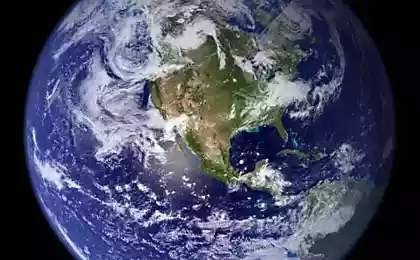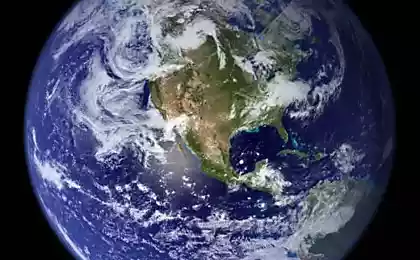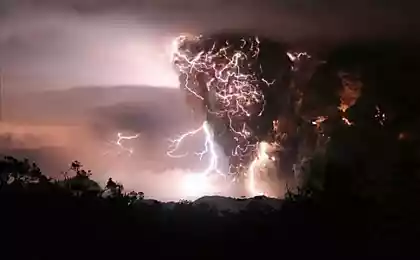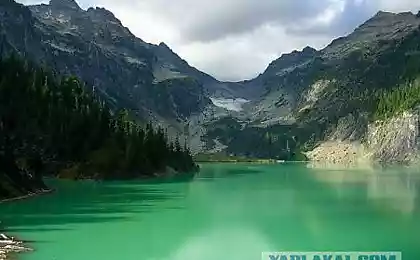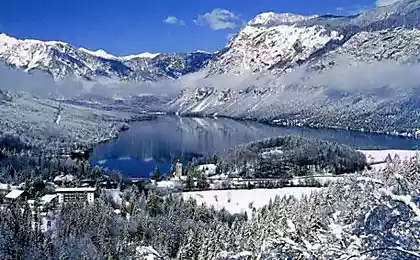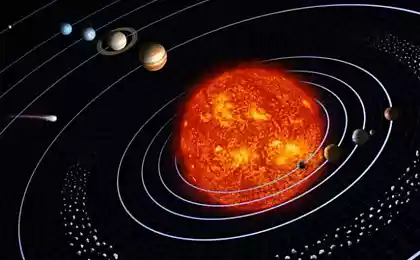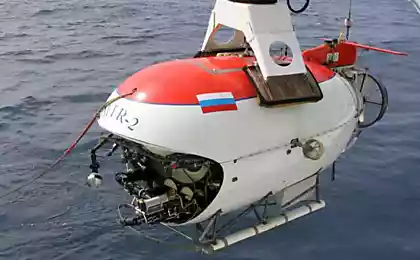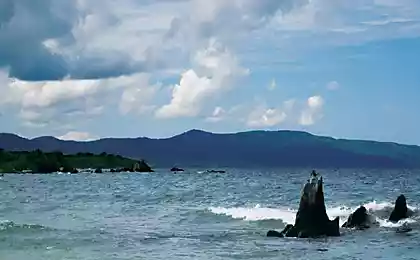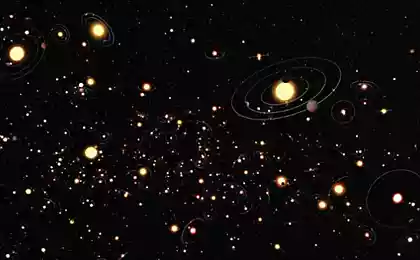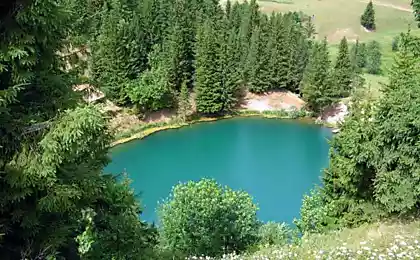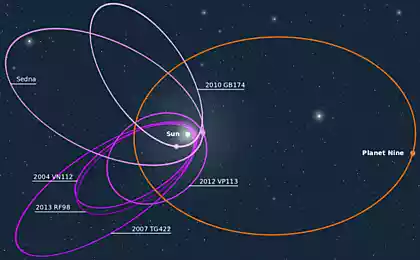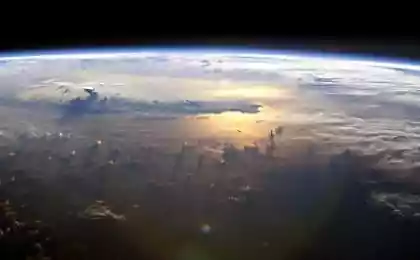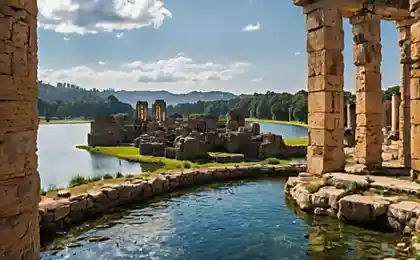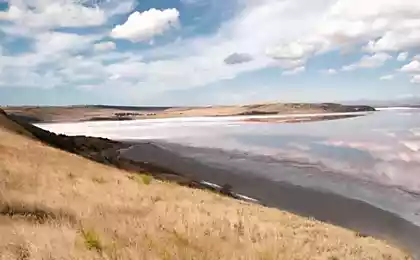191
The most amazing lakes on the planet
Our planet, as often and long as you travel on it, will always find something to surprise even the most sophisticated tourist. Surprises are everywhere, even among such familiar natural formations as lakes, which are available on every continent in huge numbers. Some of them deserve special attention.
Located in the east of Eil Malk Island, belonging to the Palau archipelago, Lake Medusa is a sea lake filled with salt water and separated from the ocean by a land strip of 200 m. It can not be confused with anything because of the huge number of jellyfish (about 2 million individuals of two species) in the water. Since Eil-Malk jellyfish have lost stinging cells, diving and snorkeling are absolutely safe in the 50-meter reservoir.
Lake Natron to the north of Tanzania closer to the border with Kenya just charms with its color scheme. Such surprisingly delicate and unique shades of water and relief give Natron salt deposits, or rather, those microorganisms that live on the salt edge. The water in the lake is very salty, just like in the Dead Sea of Israel. The depth does not exceed 3 meters and varies depending on the season.
Small salt lake Laguna Colorado occupies a small area in the southwest of Bolivia very close to the border of Chile and is part of the Andean National Reserve Eduardo Avaroa. The red-brown color of the water is due to sedimentary rocks, as well as the pigmentation of some algae growing there. As in Natron, pink flamingos like to spend time in Laguna.
The Dead Sea, despite its centuries-old popularity and fame, still surprises with the peculiarities of the salt ecosystem. In recent years, however, the safety of the lake is of great concern because of the climatic changes that affected this reservoir.
The Hutt Lagoon is also a salt water body located off the coast of Western Australia just north of the mouth of the Hutt River. The lake owes its juicy pink-red color scheme to special algae that produce beta-carotene in excess. Its production, by the way, is industrialized.
The boiling lake in Dominica is interesting because it is actually a flooded fumarole of one of the local volcanoes in the Morne Trois Piton National Park. After a series of recent eruptions, the lake fell by about 10 meters. It boils constantly and due to volcanic gases, the water in the lake is always grayish.
The ring-shaped Lake Manicoguan is located in the Canadian province of Quebec. The lake and the island inside are so large that they can be seen from space. For this, the complex is sometimes called “the eye of Quebec”. The lake was created as a result of the collision of the earth with a meteorite.
Source: ecowars.tv/

